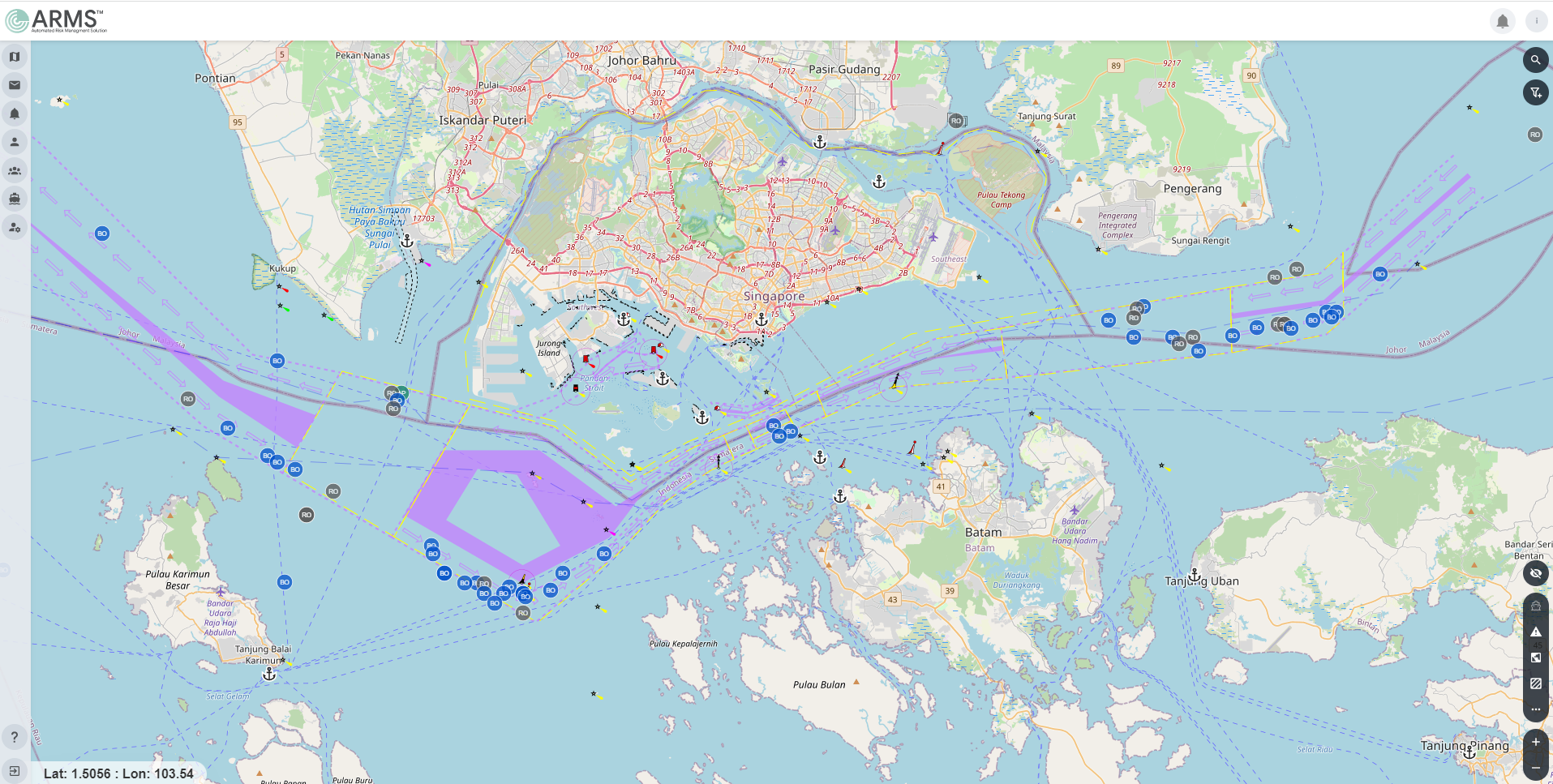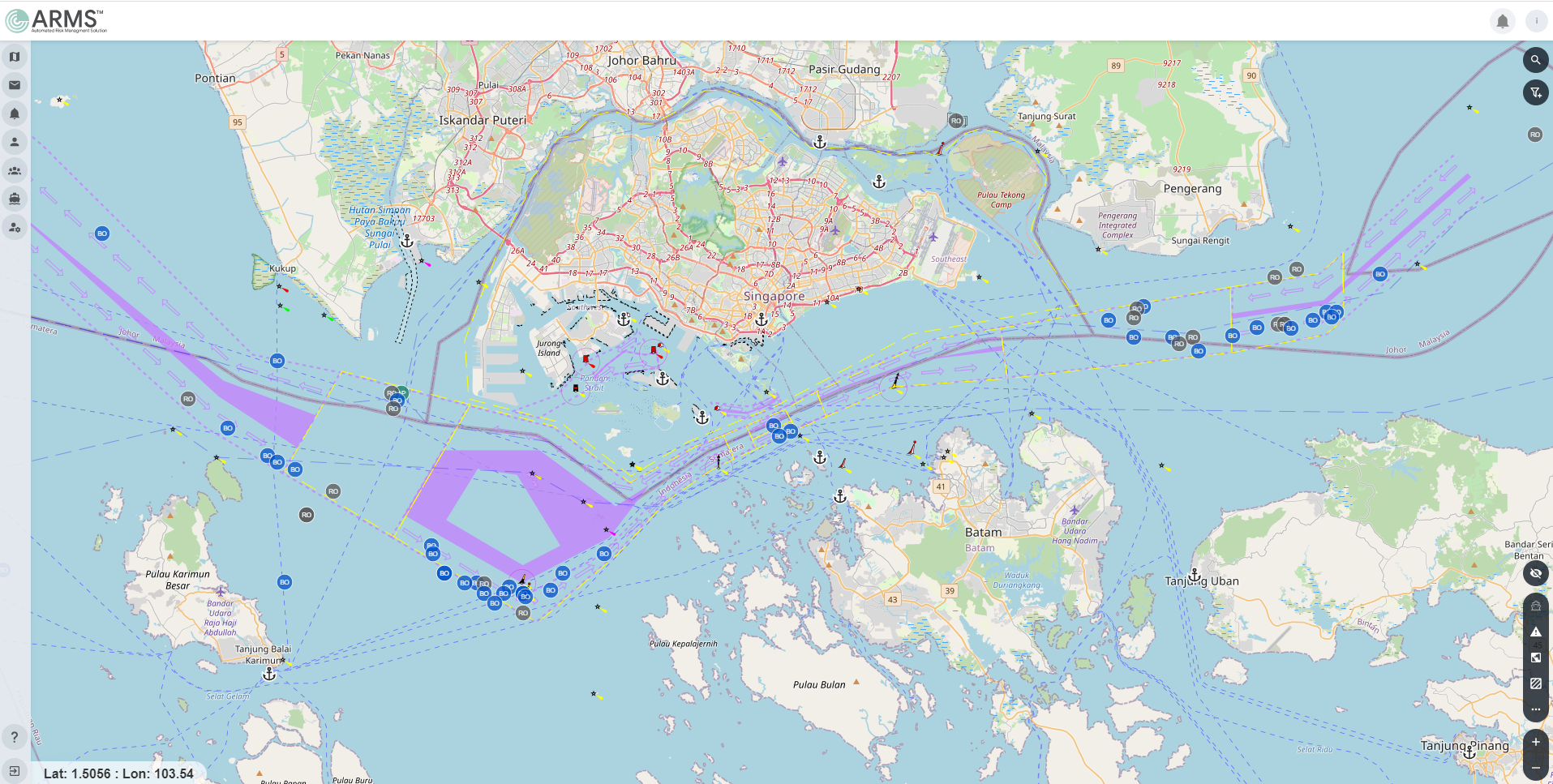The number of sea robbery incidents continues to rise sharply in Asia this year, with almost two-thirds of the total cases occurring in the Singapore Strait so far.
There were 59 instances of perpetrators boarding ships in Asia’s waters in the first half of 2023, according to the latest half-year report on piracy by the Regional Cooperation Agreement on Combating Piracy and Armed Robbery against Ships in Asia’s (ReCAAP) Information Sharing Centre.
This represents a 40 per cent increase from the 42 such incidents over the same period last year.
The hotspots are around Singapore, Johor, Batam and Bintan.

The Singapore Strait alone saw 38 incidents of ships being boarded by robbers between January and June this year, an increase from 27 cases in the first half of 2022.
Majority of the cases were classified as “least severe”, with the crew unharmed in most instances.
Typically, these robberies were carried out under the cover of the night between 6pm and 6am.

They usually target ships that are ill-prepared, manoeuvre at slow speed and have low freeboard – a deck that is lower and closer to the waterline, making it easier to board.
Culprits often boarded vessels in small numbers, and were either unarmed or armed with knives and sticks.
The report said the perpetrators were largely non-confrontational and escaped when noticed by the crew.
It added that the nature of the incidents was generally opportunistic and of lower severity. Commonly stolen items included ship stores, scrap metal and machinery spares.
Of the 59 total incidents, two cases saw the crew suffering minor injuries. Perpetrators used knives during the robbery in 16 instances, but the crew was unharmed. Nothing was stolen in 12 of the incidents.
The centre’s executive director Krishnaswamy Natarajan said the increase in such incidents was driven by a socio-economic situation worsened by the COVID-19 pandemic, lower fish catch due to climate change and the prevailing Southwest monsoon.
He added that this has forced some locals living along the strait to turn to sea robbery and petty crimes to make ends meet.
“The Singapore Strait is one of the major international shipping routes which sees almost 1,000 ships a day ... with an increasing volume of maritime trade as pandemic (restrictions) ease,” he told CNA's Singapore Tonight on Friday (Jul 21).
“There are far too many opportunities available for the people in the region who are not economically sound, and who are looking to make a livelihood.”
While the incidents were “not alarming” as most fell under petty theft, the continued boarding of ships by perpetrators could lead to more serious situations, he said.
“In a threat situation, there can be a collision of ships in the area because they are manoeuvring so close to each other,” said Mr Natarajan. “It could be a dangerous situation which could lead to environmental disaster. (In such circumstances,) there could even be a closure of the strait temporarily until the situation improves.”
He said countries around the hotspots are making an effort to ensure the safe navigation of ships and put in place environmental protection measures.
However, he also urged governments to do more and step up law enforcement, enhance surveillance, increase patrols and respond promptly to incidents.
Source: Channel News Asia






